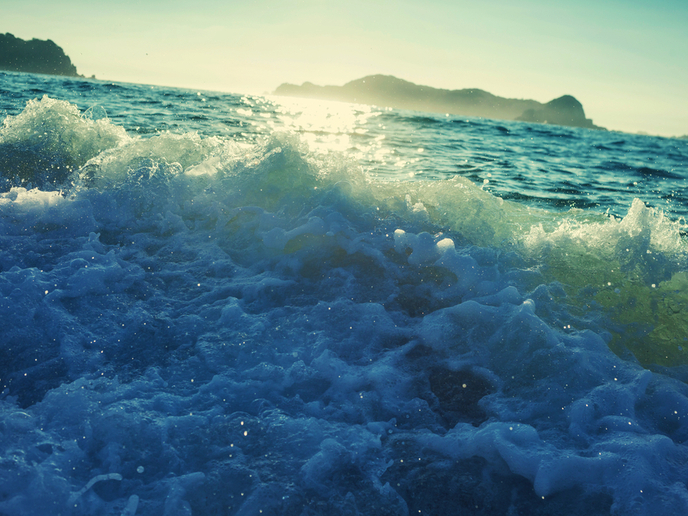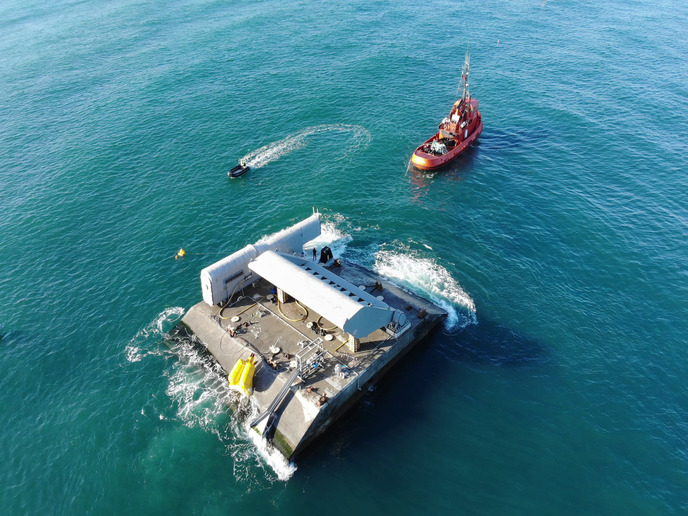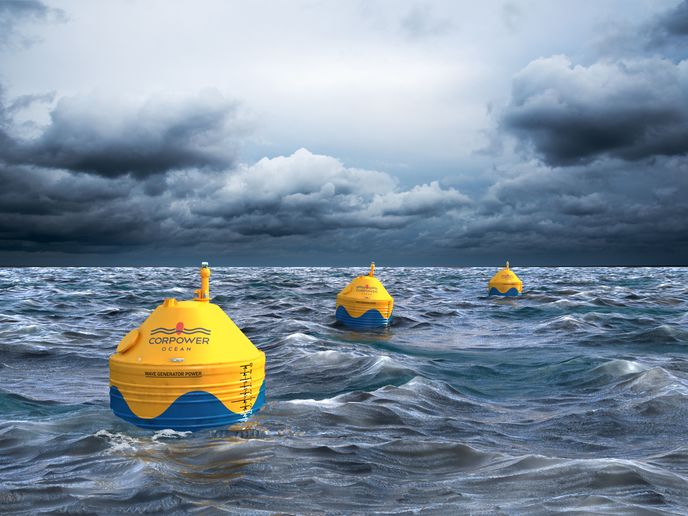Protocols developed for marine green energy
The objective of the EU-funded project EQUIMAR(opens in new window) (Equitable testing and evaluation of marine energy extraction devices in terms of performance, cost and environmental impact) was to devise fair, new workable standards for wave and tidal energy extraction systems. Researchers created a suite of protocols that covered the development cycle of a marine device. These included resource assessment and site selection, engineering design, scaling up and deployment, environmental impacts and economic assessment. This was achieved through a rigorous, auditable process that reflected the experience of consortium members, while also being open to comments and contributions from external bodies. Project protocols were developed in a two-stage process. Initially a system of ‘high level’ documents describing the aims and remit of the individual protocols were created. These were published for consultation with the wider ocean energy community and refined through a series of workshops and questionnaires before being used as a basis for the final detailed protocols. The process used was based on the practices of the international DNV GL certifying agency(opens in new window). This agency ensured that the protocols were fit for guiding and being incorporated into international standards. This meant that the high-level protocols can form an enduring, future-proof, consensus based, highly structured basis for all the protocols. Project partners also developed four short video films aimed at improving public understanding of the issues surrounding marine energy. These documentaries are available on the EquimarVid YouTube channel(opens in new window) and are accompanied by interviews with scientists and engineers. EQUIMAR will help increase the rate of development of marine energy technology while reducing its costs, thereby leading to an acceptable cost for electricity from renewable marine energy. The project costing and technology evaluation protocols developed will reduce risk and increase investor confidence, promoting faster deployment of marine energy systems. This in turn will lead to economic development and sustainable job creation in Europe’s coastal regions.







